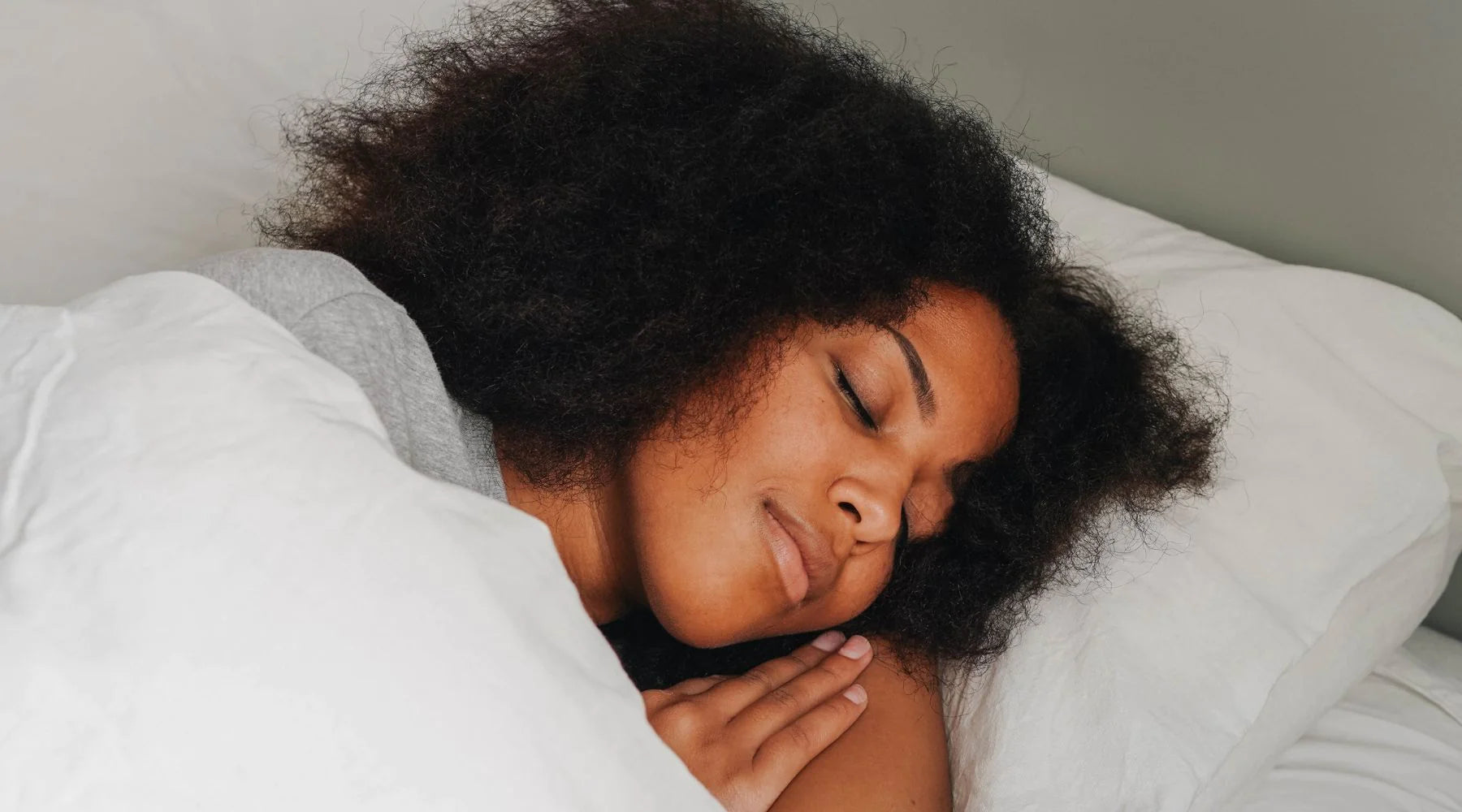Sleep Hygiene: 15 Quick Tips For Better Sleep
Sleep Hygiene: 15 Quick Tips For Better Sleep
Does it usually take you a long time to fall asleep? And when you wake up, you still feel tired, like you didn’t get enough rest? Your habits may be directly impacting the quality of your sleep.
Lack of sleep can negatively affect your health, humor, productivity, and well-being, leading to symptoms such as lack of concentration, tiredness, memory loss, weak immune system, and even chronic diseases like diabetes and heart disease. That’s why adhering to a sleep hygiene regimen is essential to enjoy a long and healthy life.
WHAT IS SLEEP HYGIENE?
 Sleep hygiene is a group of practices intended to improve sleep quality by evaluating all your moves before heading to bed, ranging from diet and exercise to the physical space you are in.
Sleep hygiene is a group of practices intended to improve sleep quality by evaluating all your moves before heading to bed, ranging from diet and exercise to the physical space you are in.
HOW TO EMBRACE A GOOD SLEEP HYGIENE? 15 TIPS TO SLEEP BETTER
-
SET A NIGHTTIME ROUTINE
Our body is programmed to work in a circadian rhythm – a 24-hour cycle. If you always go to bed and wake up at the same time, you help your body maintain this natural rhythm, making it easier to doze off every night.
-
NAPS ARE ALLOWED ONLY AFTER LUNCH
Short naps after lunch are super beneficial to some people. However, long naps or naps too close to your actual sleeping time can disrupt your nighttime rest. If you feel the need to take a nap, limit it to 20-30 minutes and avoid doing it after 3 p.m.
-
STAY AWAY FROM ELECTRONIC DEVICES AT LEAST ONE HOUR BEFORE BED
The blue light emitted by smartphones, computers, and TVs can inhibit the production of melatonin, the hormone our brains produce in response to darkness. It is crucial to help regulate our sleeping schedule. Switch off screens at least one hour before bedtime to help your body turn off as well.
-
CREATE THE AMBIENCE FOR A COMFORTABLE SLEEP
The place where you sleep can significantly affect sleep quality. Keep your room quiet, dark, and at a comfortable temperature.
-
CHOOSE WELL YOUR MATTRESS AND PILLOWS
Invest in both a mattress and a pillow that offers adequate support to your head and neck, avoiding discomfort and pain.
-
STICK TO LIGHT MEALS BEFORE SLEEP
Our bodies take longer to digest high-calorie food such as pasta, burgers, and fried food, leading to a feeling of indigestion. Moreover, foods high in sugar hike the energy up in our bodies, making us feel awakened. Don’t worry. We are not suggesting you give a definite farewell to Friday night pizza. Only be aware that it can make you stay up late.
Always make sure you ingest food rich in fiber and proteins at night. Rice, beans, vegetables, lentils, and soup are excellent alternatives for a diet that doesn’t sabotage your sleep.
-
TAKE A WARM SHOWER OR BATH
A warm shower before sleep can help relax your muscles and reduce stress, thus improving your sleep. Don’t go for hot showers since they are harmful to your skin!
-
AVOID INTENSE PHYSICAL ACTIVITIES BEFORE SLEEP
Despite exercising being great for our health, intense workouts before bedtime excite the body and make it difficult to fall asleep. Avoid intense training at least 2 hours before bed.
-
EXPERIMENT WITH RELAXATION TECHNIQUES
Relaxation techniques such as meditation and deep breathing are great ways to relieve stress and anxiety. Regularly practicing breathing exercises will allow your mind and body to relax, smoothly putting you in sleep mode.
-
PRACTICE AROMATHERAPY
Some essential oils, like our Funcho (soon available in the US), are known for their relaxing properties and can help improve the quality of sleep. Use a diffuser or put a few drops on your pillow to reap the benefits of aromatherapy.
-
KEEP A SLEEP DIARY
Having a sleep diary can be super helpful in identifying your sleeping patterns and making decisions to adjust them. Write down the time you go to sleep and wake up, how many hours you sleep, and how you feel throughout the day.
Or try another – more tech-savvy – version by setting your smartwatch to track your sleep.
-
YOUR BED IS FOR SLEEP, NOT FOR WORK!
When you work or study in bed, your brain associates that space with stimulating activities, possibly leading to anxiety and lack of sleep.
-
PUT DOWN YOUR SMARTPHONE, PICK UP A BOOK
Night reading is very beneficial for your sleep. It stimulates your creativity and imagination, reduces exposure to blue light, and creates a relaxing routine. Plus, it’s a wonderful distraction to the daily grind, thus reducing stress and anxiety.
-
DO NOT DRINK TOO MUCH WATER BEFORE BED
We all know by now that we should drink about 10 cups of water a day. But that doesn’t mean you should drink all 10 cups at night! Ingesting too much liquid in the evening and at night will make you get up and go to the bathroom too often, disrupting your sleep.
-
WEAR FRESH AND COMFORTABLE PJS
Your sleepwear should be comfortable and allow air circulation around your body. Avoid tight clothes or garments that limit your movements since they can leave you feeling uncomfortable and affect your sleep. Cotton and silk are great fabrics for a cozy night of sleep. They help regulate body temperature and allow free motion.
If you already practice good sleep hygiene but still have difficulty sleeping or often feel tired and not well rested, talk to a doctor. They can help you find the appropriate treatment.
